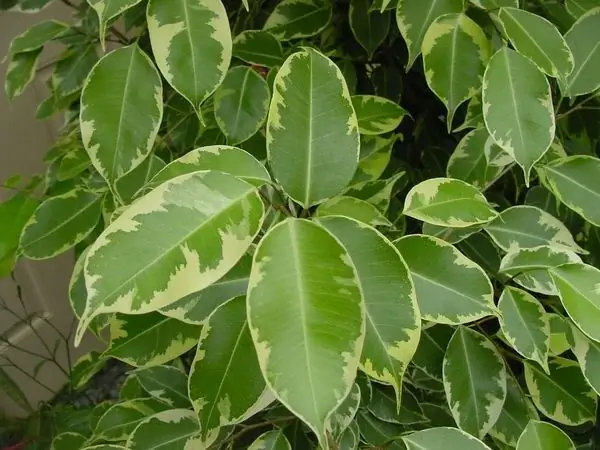Ficuses are one of the most popular indoor plants appreciated for their decorative appearance and comparative unpretentiousness. In autumn and winter, in many species of ficuses, leaves begin to fall off in small quantities, but if the plant sheds a lot of foliage, including in spring and summer, then you need to be more careful about the conditions of its maintenance.

Growing ficuses at home
There are about eight hundred varieties of ficus, which can take the form of a tree, shrub or liana, it can be evergreen or deciduous. At home, Benjamin's ficus, creeping ficus, rubbery, lyre and other species are most often grown.
Most of them are unpretentious - these plants like well-lit places with diffused light, do not require frequent watering, tolerate low temperatures well in winter and grow even better in coolness, and love warmth in summer. Ficuses are intolerant of two situations: when they change their location or when they stand in a draft.
Ficus leaves live up to 2-3 years, then turn yellow and fall off, this is a natural process, new ones grow in place of fallen leaves, therefore a healthy plant always has a dense green crown.
If the ficus began to lose leaves faster and more abundantly, then you need to look for other reasons for this reaction and eliminate them.
Causes of leaf fall in ficus
One of the most common reasons why leaves fall off of a ficus is a strong draft. These plants love calm air and respond to light blows of the breeze with yellowing and falling leaves. Find a suitable spot for the ficus plant - with ample light and well protected from drafts. But remember that after rearrangement, the plant takes a long time to get used to a new place and reacts to movement by dropping leaves in the same way. Ficuses are very stressed, and moving them from place to place can also cause leaves to fall off. They react especially sharply if you put them in dark places.
A well-lit ficus quickly begins to be covered with new light green leaves.
Ficuses are unpretentious when it comes to watering, they can withstand prolonged drying out. But these plants treat waterlogging badly, if they are watered often and abundantly, leaves can also fall off. If this is the case, then you need to take a break from watering for two weeks. If, as a result, the ficus continues to lose leaves, this means that the roots have time to rot - the flower needs to be transplanted, removing the rotten roots.
Despite the fact that ficuses do not tolerate too moist soil, they like moist indoor air - ideally about 75%. Overdried air also leads to the shedding of leaves, so it is advisable to spray the plant more often.
Sometimes the ficus sheds its leaves due to a lack of nutrients, in which case it is necessary to feed it with minerals and organic fertilizers twice a month in spring and summer. Also, be careful not to infest the plant with pests, such as the red spider mite, which causes small white spots on the leaves to appear and fall off.






